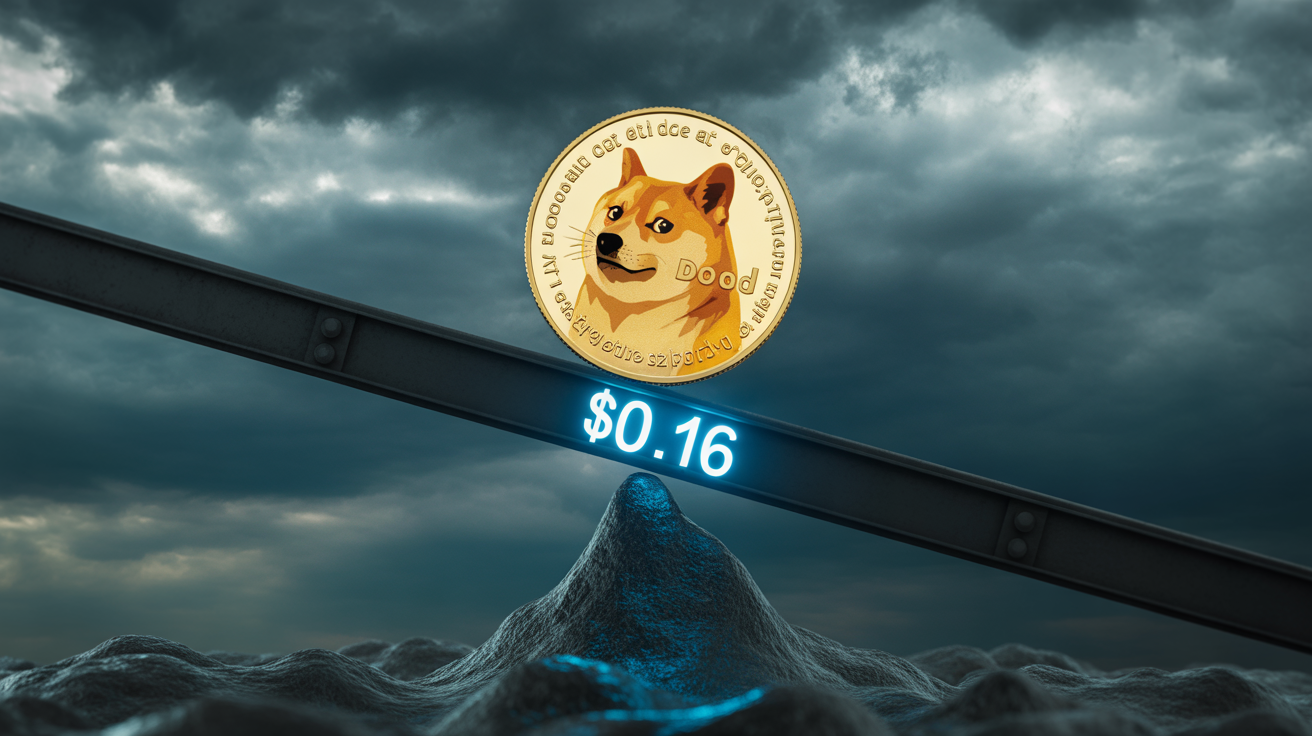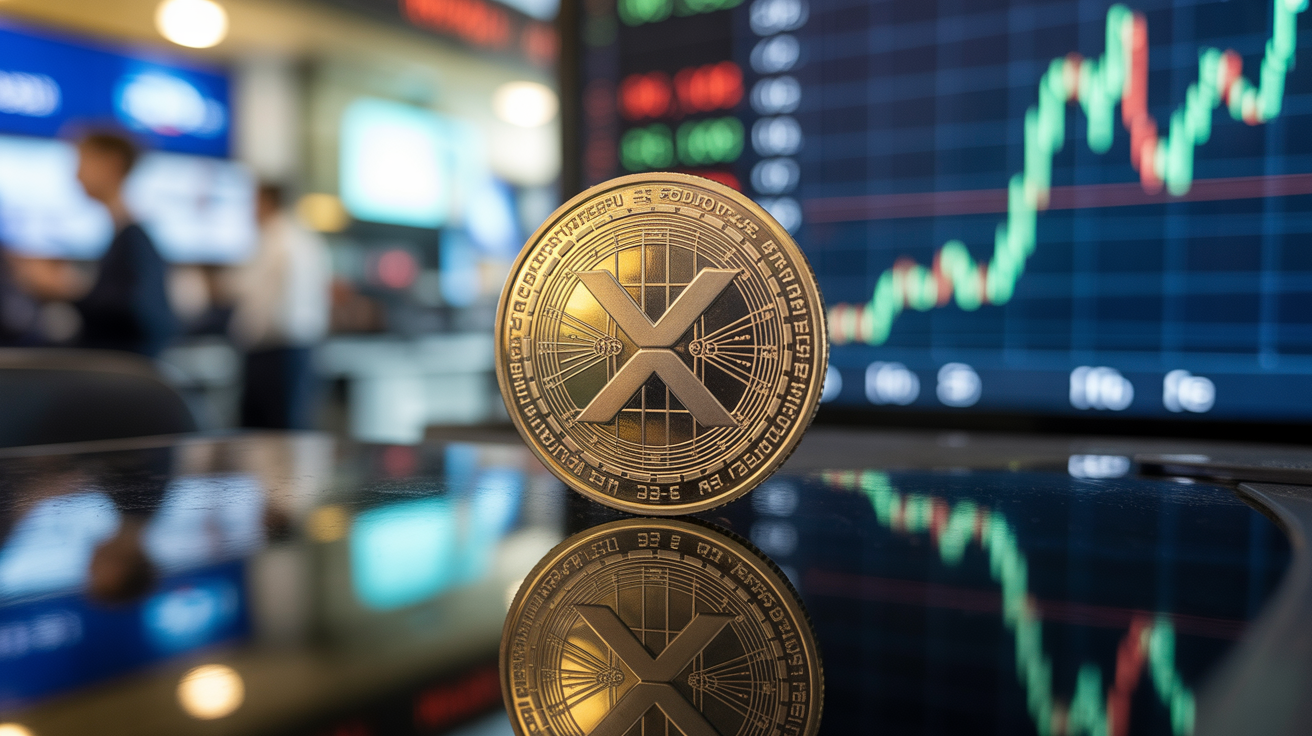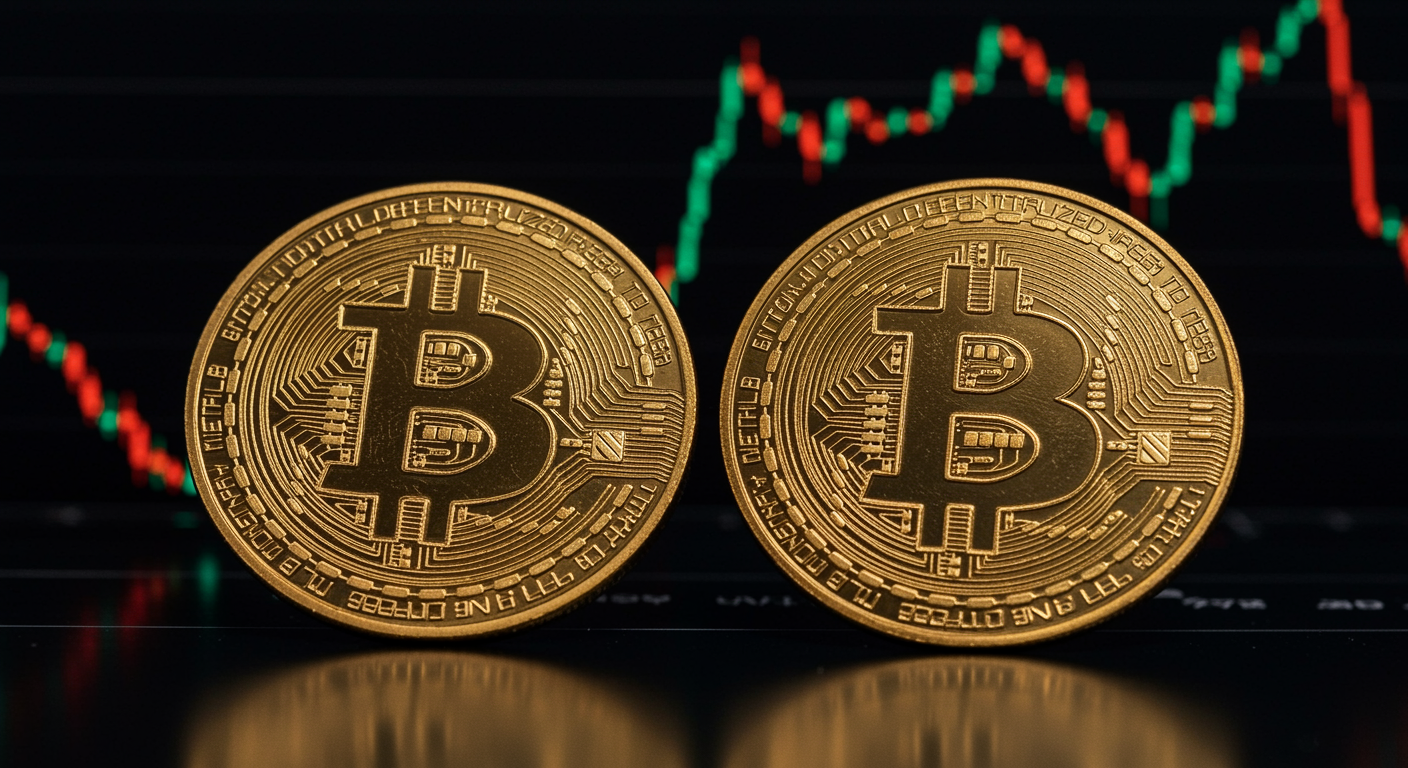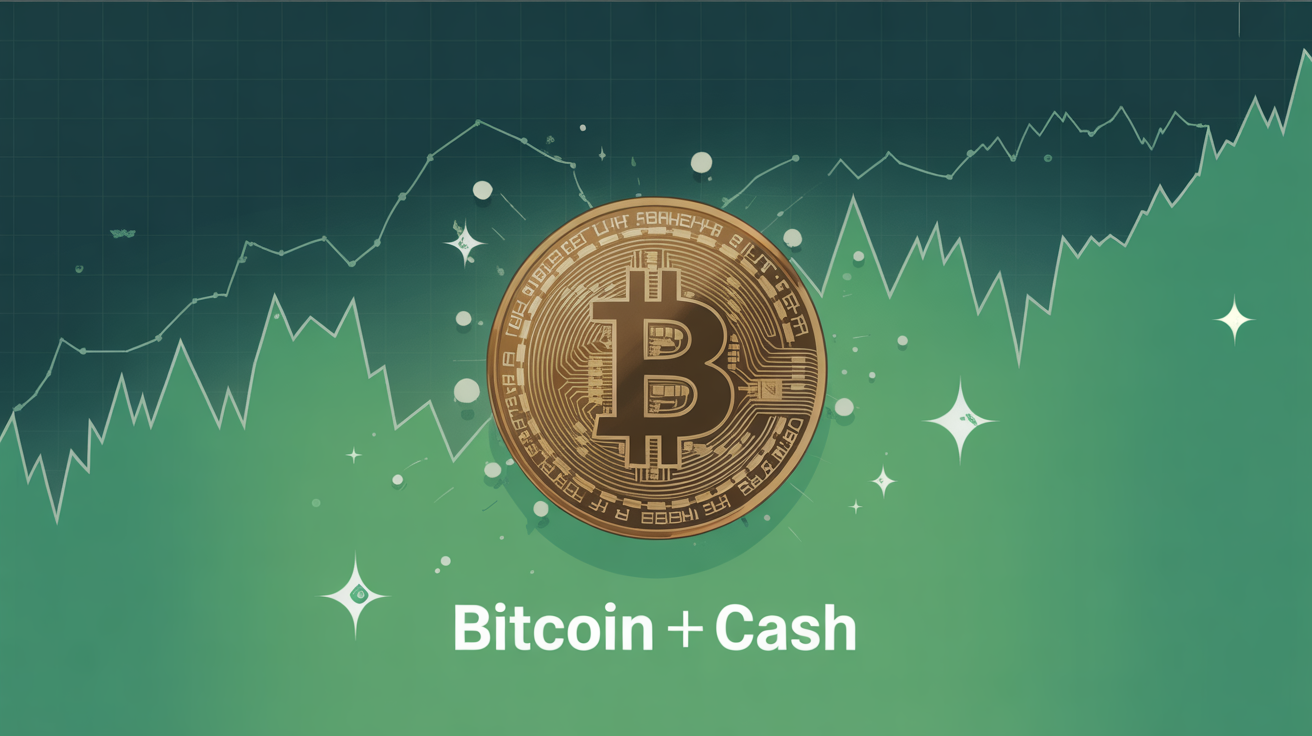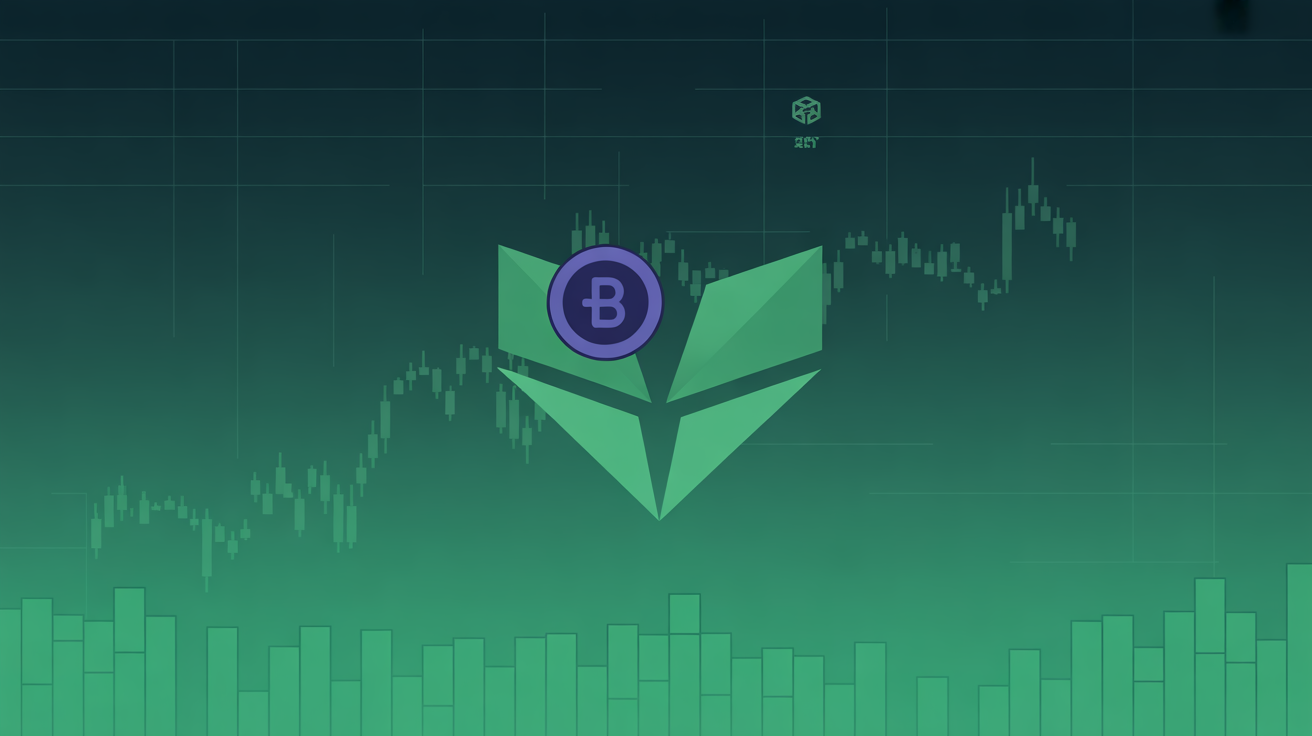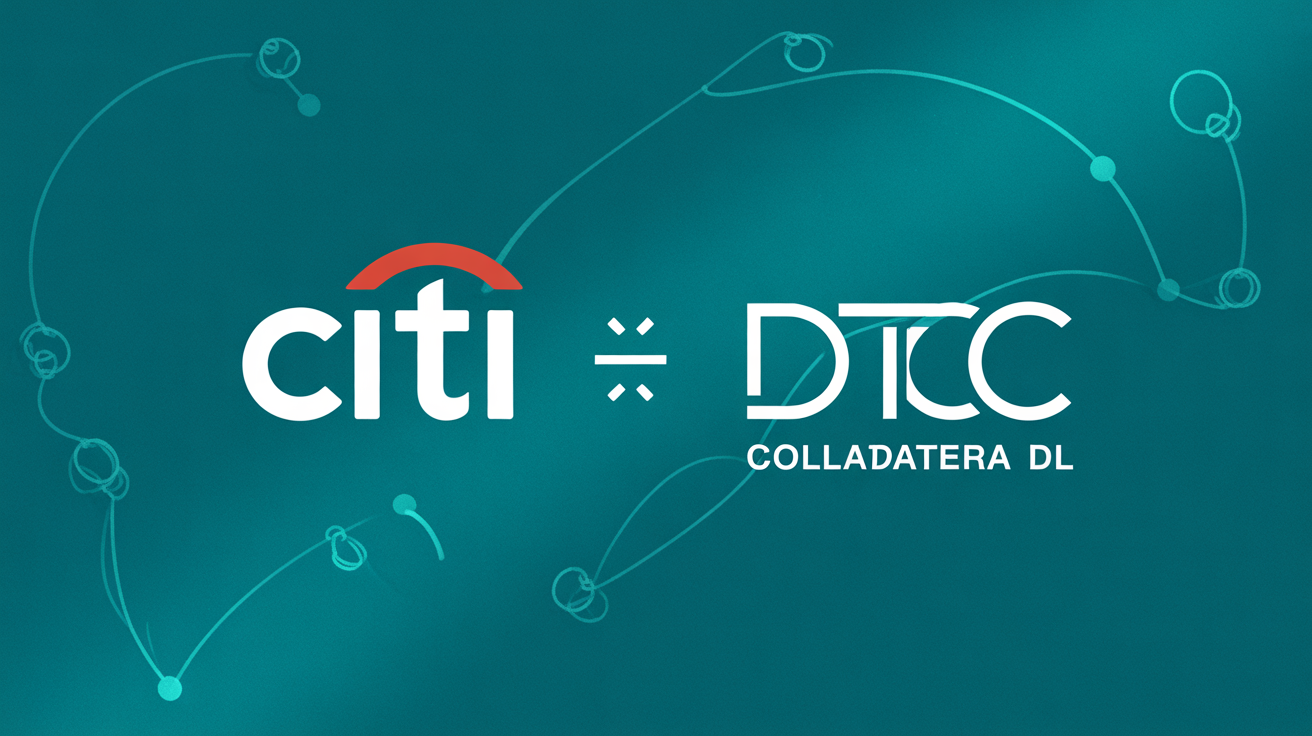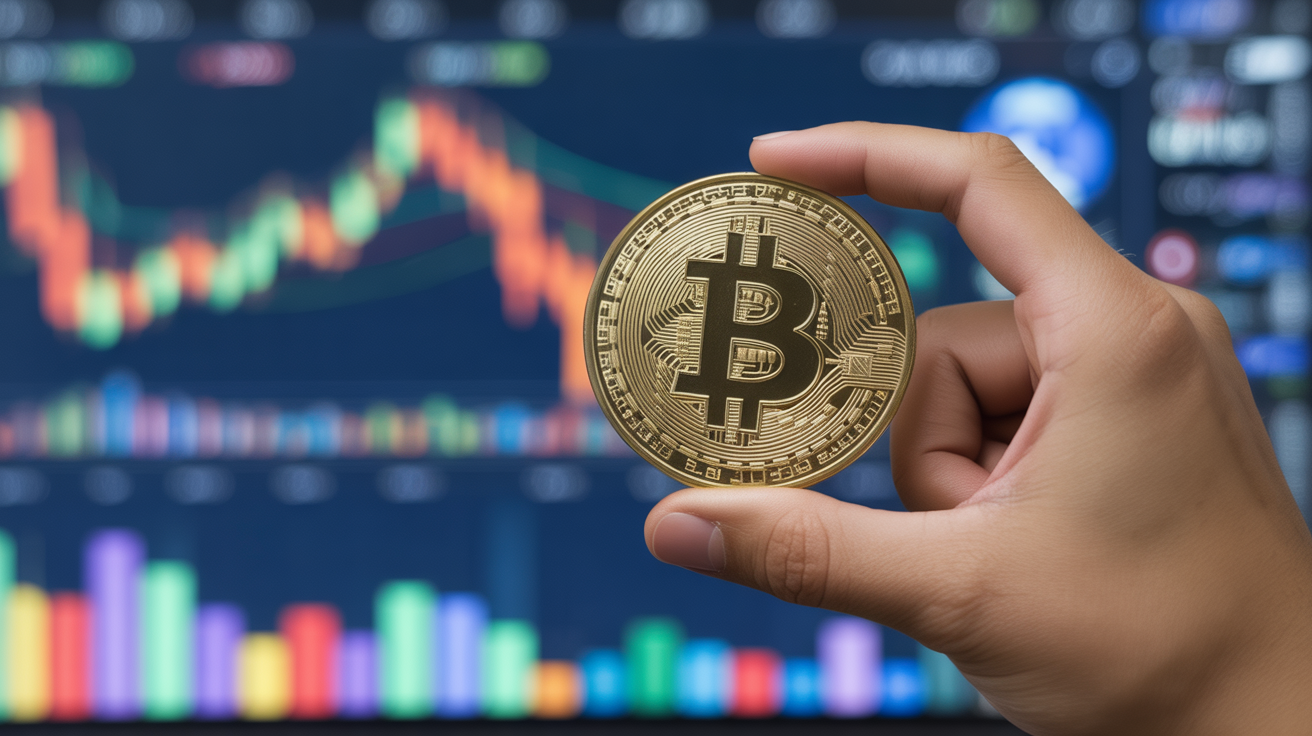Why BlackRock Isn’t Rushing Into the Spot XRP ETF Arena
Despite leading the charge on bitcoin and ether ETFs, BlackRock has made it clear it has no immediate plans to file for a spot XRP ETF — a move that has puzzled investors and dampened hopes among XRP supporters.
The announcement came just a day after Ripple and the SEC jointly requested an appeals court to dismiss their respective appeals, signaling a possible end to their years-long legal battle. With the legal uncertainty easing, many expected BlackRock to jump in. But the asset management giant remains on the sidelines — and here’s why.
1. Client Demand Still Centered on Bitcoin and Ether
BlackRock’s digital asset strategy is shaped by its client base — and for now, that demand is focused almost entirely on bitcoin, with a smaller interest in ether. Speaking in March 2024, Robert Mitchnick, BlackRock’s Head of Digital Assets, dismissed the idea of the firm expanding rapidly into smaller cryptocurrencies.
“Bitcoin is overwhelmingly the number one focus, and to a lesser extent, ether,” Mitchnick said at Bitcoin Investor Day in New York.
2. Regulatory Landscape for Altcoins Remains Unclear
Although XRP is not classified as a security when traded on public exchanges, regulatory uncertainty around altcoins persists. BlackRock’s historically cautious approach suggests it may wait for more concrete SEC guidance before stepping into the altcoin ETF space — particularly given the complexity of XRP’s legal history.
3. An Already Crowded XRP ETF Field
As of August 2025, several asset managers — including ProShares, Grayscale, and Franklin Templeton — have filed applications for spot XRP ETFs. With at least seven proposals already on the table, BlackRock may see limited upside in entering such a saturated segment.
4. Market Hype Doesn’t Dictate BlackRock’s Strategy
XRP supporters expect a spot ETF to drive significant price gains, but BlackRock’s approach is data-driven, not driven by community sentiment. While prediction markets like Polymarket place a 77% probability on an XRP ETF approval in 2025, the firm likely weighs product viability more than speculative upside.
5. Global Exposure Doesn’t Align with XRP Demand
While XRP has a strong following in U.S. online communities, its trading volume remains heavily skewed toward Asia — a region where BlackRock’s ETF presence is less dominant. The firm’s broader global strategy may deprioritize assets that don’t align with its core geographic markets.
At the time of writing, XRP was down 3.92% over the past 24 hours, trading near $3.1852, according to CoinDesk data.



